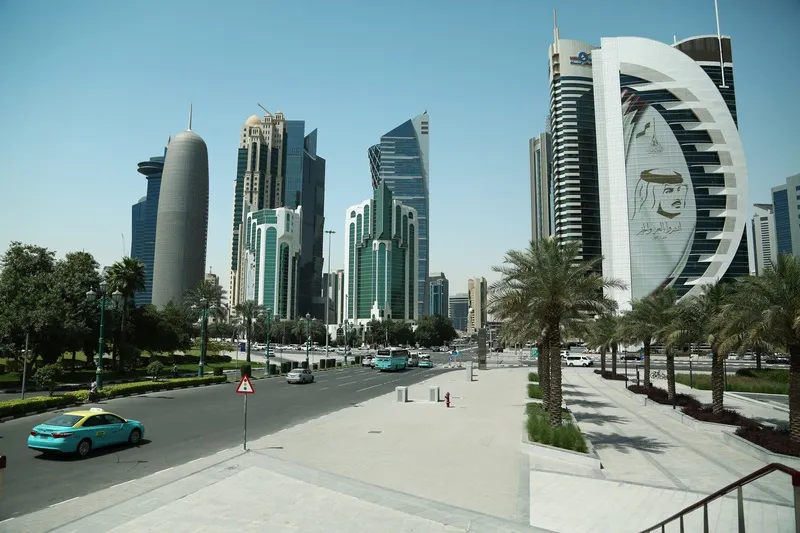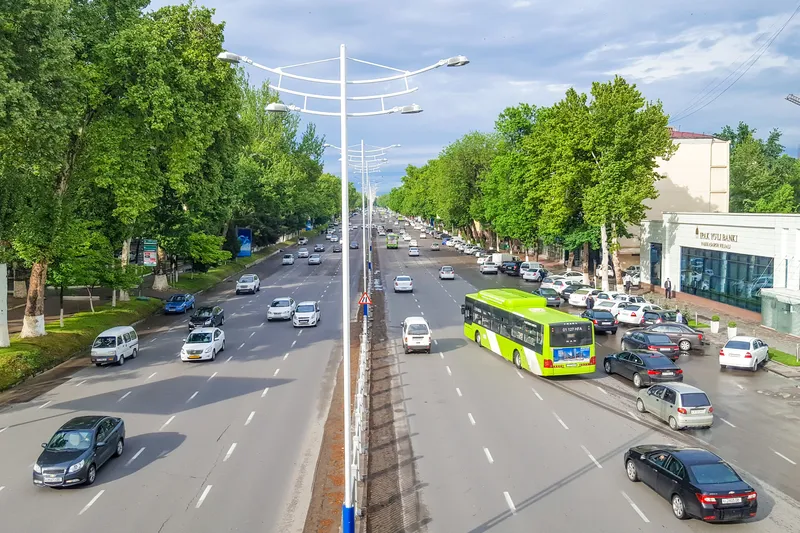
The Ministry of Interior in Qatar has awarded Key Technical International (KTC International) and StarTraq a deal to streamline road traffic camera offence processing in the capital, Doha.
The companies' browser-based traffic enforcement solution, Dome, will be used to consolidate the review of traffic camera evidence.
The processing centre in Doha has been using multiple back-office software solutions to process traffic offences, one for each different camera manufacturer, "making automation and global reporting complex and time-consuming", the firms say in a statement.
Dome integrates with all leading speed camera manufacturers to offer one software suite to review all evidence regardless of its source and will reduce the need for human interaction.
The software, delivered in Arabic, will use smart licence plate recognition technology and customisable workflow rules to automatically verify evidence.
The project is due to go live before summer 2021.
KTC has worked on enforcement and parking solutions with various bodies in the region, including Hamad International Airport, Ministry Of Interior, Qatar Foundation, Qatar Petroleum, Public Work Authority (Ashghal), Hamad Port and Qatari Diar.










